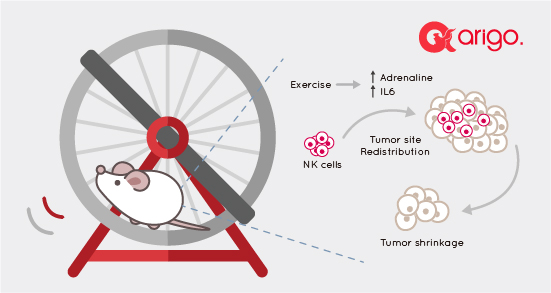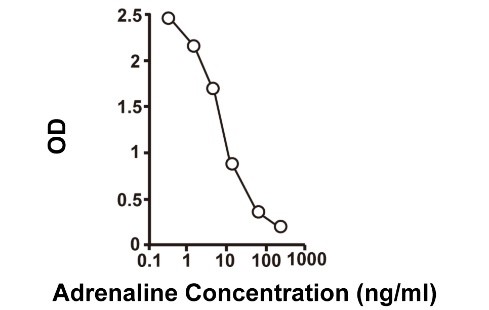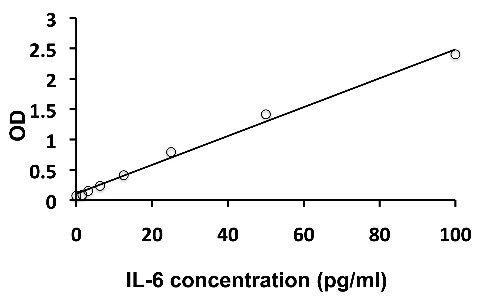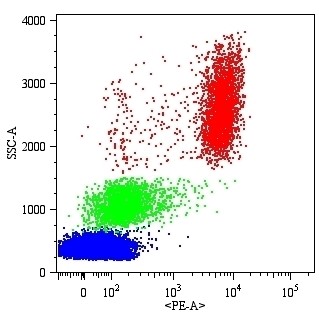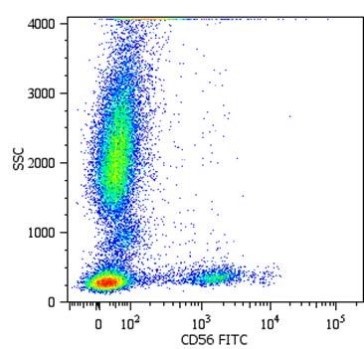Exercise encourages NK cell mobilization to shrink tumors
Exercise encourages NK cell mobilization to shrink tumors
|
Don’t feel like exercising? You might change your mind after reading this article. Researchers found that mice who spend more time on a running wheel has their tumors shrunk by 60% compared to their less active counterparts. It has been a common sense to know that regular exercise reduces the risk of cancer and metabolic diseases. However, the mechanism behind this defense system remains unknown. In a new findings published in Cell Metabolism, Pedersen et al. dive deep into finding the molecular mechanism that link exercise to the regulation of tumor size. They performed microarray analysis with tumor-bearing mice undergoing regular exercise and found that the reduction of tumor size is associated with increased number of Natural Killer (NK) cell infiltration into the cancer site. During the process of intense exercise, our body release high level of adrenaline and a cytokine known as Interleukin-6. Pedersen et al. then found that adrenaline specifically hails IL-6 sensitive NK cells and the IL-6 molecule helped guide the killer cells to tumors. In addition to the redistribution of NK cells, there are also increase expression of NK cell-related activating receptors, stimulatory cytokines and chemokines in the tumors of running mice, suggesting that exercise also helped generating a tumor microenvironment that is more prone to NK cells activation. This research is hopeful for cancer patients as it provides an inexpensive way to keep their tumor under control. However, some questions remain to be explored, including whether this observation also hold true in human, or how effective it will be when combined treatment with chemotherapy is carried out in patients. arigo offers High Sensitive Adrenaline ELISA Kit (ARG80442) and IL-6 ELISA Kit (ARG80109) for human, rat and mouse species. To identify NK cell populations, arigo also offer NK1.1 antibody (ARG65527), CD16 antibody (ARG53773) and CD56 antibody (ARG53879) for FACS analysis.
|
||||||||||
